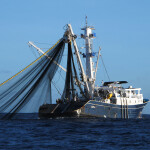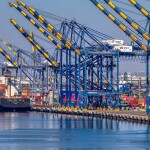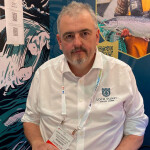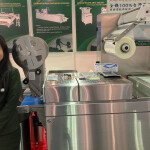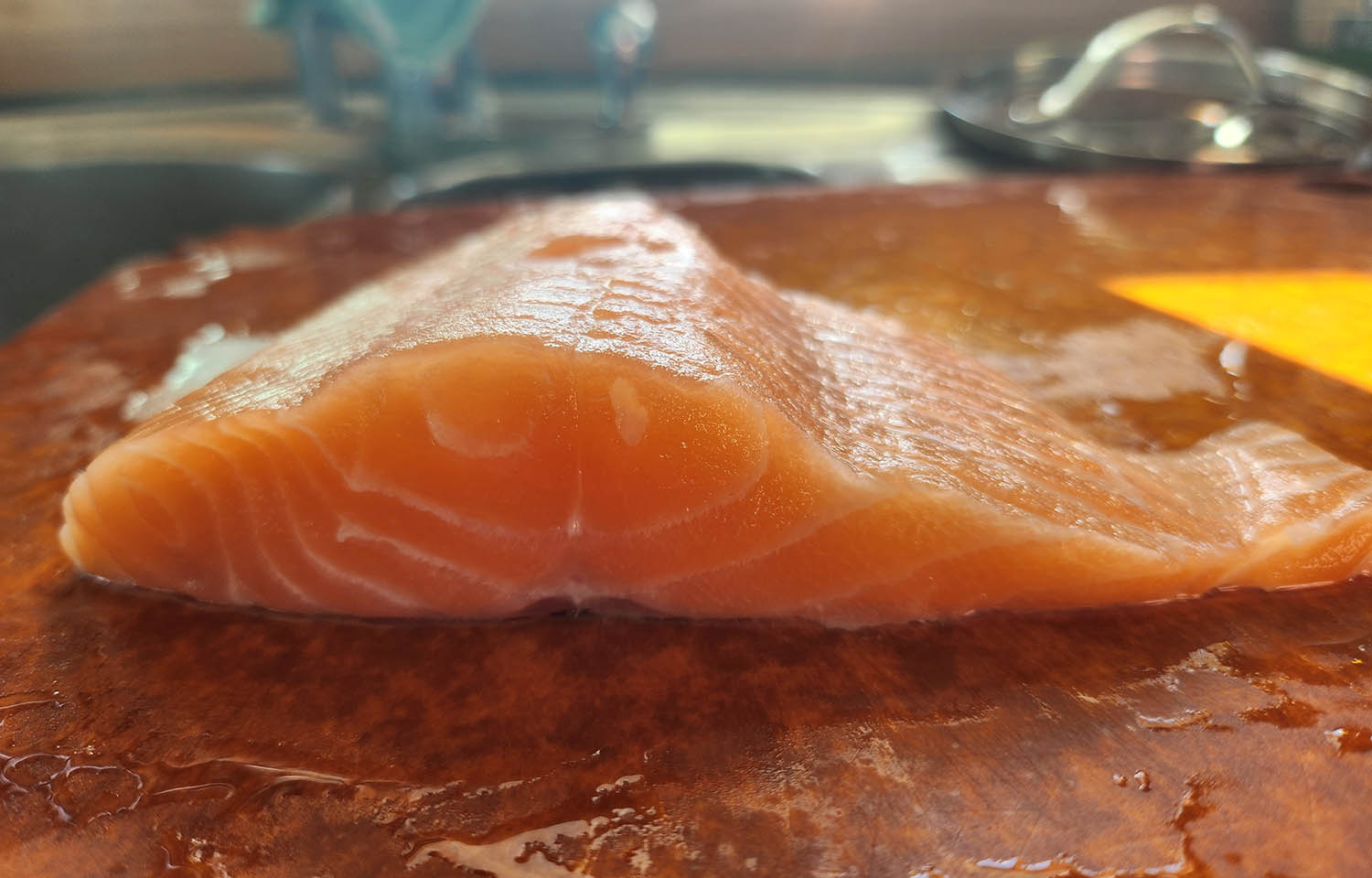Norwegian aquaculture company SIFT Group has successfully piloted its novel recirculating aquaculture system (RAS) concept, which utilizes super-intensive farming technology (SIFT) for which the company is named.
“We had a pilot license to produce 20 metric tons [MT] of salmon smolts weighing 1 kilogram in our pilot unit and grew 4,000 salmon in each of three batches. After each batch, we adjusted the technology and kept testing the biological parameters until we were happy that we had optimized the system,” SIFT CEO and Founder Torbjørn Trondsen told SeafoodSource. “We have now filed a European patent for SIFT.”
The SIFT system features eco- and animal-friendly, vertically stacked, shallow raceways, in which water is constantly circulated to mimic a fast-moving stream. The test units were similarly sized to the industrial standard for turbot and sole farming in Europe.
“The system has been designed to emphasize fish welfare, with optimized temperature and oxygen levels, water purification at each raceway level, and controlled water flow. The continuous cleaning system removes waste particles, toxic gasses, and metabolites,” Trondsen said.
An essential aspect of the trials was finding the optimum density of salmon that the company could grow in such a system.
“We were able to stock to a density of 200 kilograms per cubic meter, which is double that of land-based salmon farms using deep tanks. By the end of the trials, we had achieved 230 kilograms per cubic meter,” Trondsen said.
The system was designed and built in-house, employing knowledge from the team’s various backgrounds in science and engineering. The company also worked closely with an engineering, manufacturing, and factory installation company that could interpret SIFT’s needs and which is now qualified to deliver components and complete SIFT systems globally.
“I am very proud of what we have developed. Our raceway system is energy-efficient because the tanks' design entails minimal pumping requirements, which reduces the energy requirement,” Trondsen said.
What was icing on the cake, according to Trondsen, was that the fish that came out of the trials tasted “just like wild salmon,” which was proof-positive that the system was running optimally.
Following the pilot, SIFT is now planning a commercial demonstration unit capable of producing 2,500 MT of 1-kilogram salmon per year. Upon obtaining full approval for a governmental license for the demonstration unit, SIFT then aims to grow 6,000 to 8,000 MT of 3- to 5-kilogram salmon per year.
With these short-term goals in mind, SIFT has its long-term sights set on scaling up and has available land in the Tromsø area to develop production up to 30,000 MT to 40,000 MT per year beyond the capacity the demonstration unit is slated for, all of which requires governmental approval.
“We have received significant international interest in our farming solutions, and a contract has already been signed with a Korean company to use the system in a flounder farm,” Trondsen said. “Discussions are also underway with U.S. companies keen to farm salmon and other freshwater fish inland, closer to the big cities, where land is more affordable than on the coast. The future looks positive for SIFT.”

